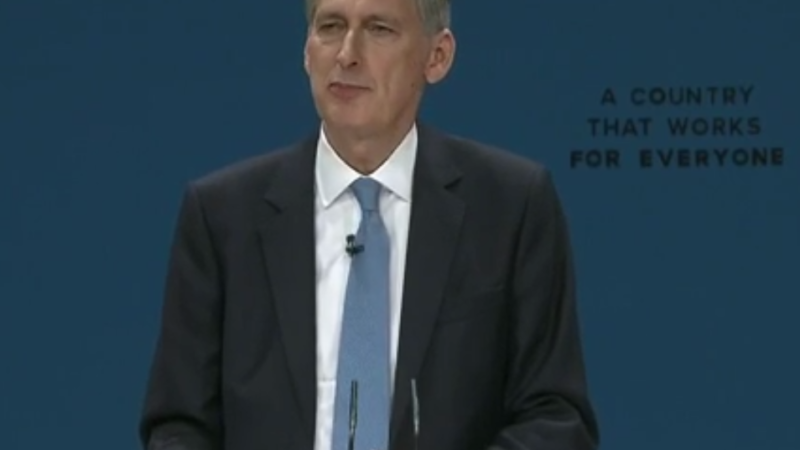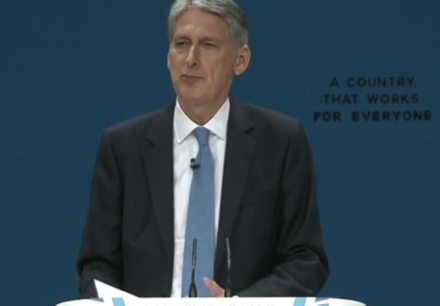

The chancellor’s popularity has dropped in the latest polling after the Budget.
In a survey taken after his Budget, but before the Tories U-turn on national insurance contributions, his popularity has dropped five points from November. Some 34 per cent of the public are satisfied with him, and 46 per cent dissatisfied, giving a net approval rating of minus 12.
Economic optimism has also slipped, in the Ipsos MORI polling, with half of the public expecting the economy to worsen over the next twelve months – an increase of six points since February. A little over one in five, 22 per cent, anticipate the economy improving in the next year, giving an overall picture of economic optimism index at -28, back to the levels of December 2016.
Four percentage points more people believe the budget will be bad for Britain, 42 per cent, than think it will be good, 38 per cent. Half of people do not believe the government’s policies will improve the country’s economy in the long term, with 44 per cent disagreeing and think the Tories’ policies will have the effect of helping the nation’s economy.
Despite this, the prime minister remains more popular than Jeremy Corbyn, with Theresa May enjoying a net satisfaction rating of +13, with 52 per cent satisfied and 39 per cent dissatisfied. The Labour leader has a rating of -41, with 23 per cent satified and 64 per cent dissatisfied. Amongst Labour voters, Corbyn has a -10 rating, with 42 per cent happy with his performance and 52 per cent not.
On Westminster voting intention, the Tories have a 13 point lead, and could expect 43 per cent of the public backing them, to Labour’s 30 per cent.
The Liberal Democrats could expect 13 per cent support, and UKIP only six per cent.




More from LabourList
‘Labour’s quiet quest for democratic renewal’
‘Labour promised to make work pay. Now it must deliver for young people’
‘Council Tax shouldn’t punish those who have the least or those we owe the most’